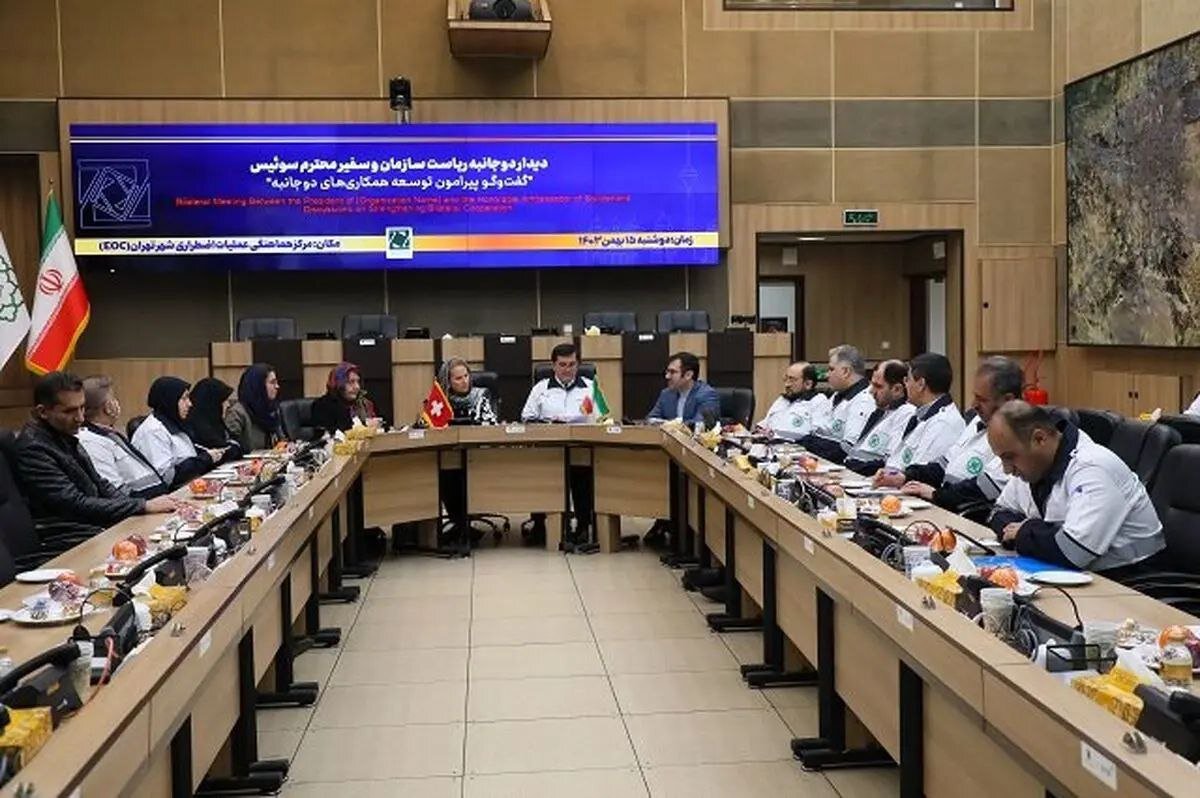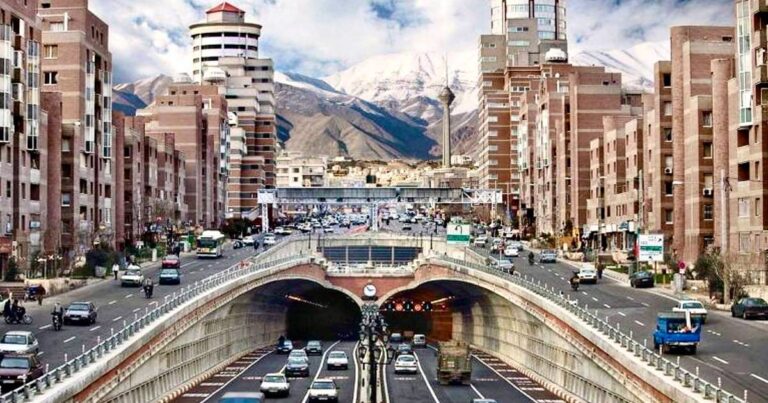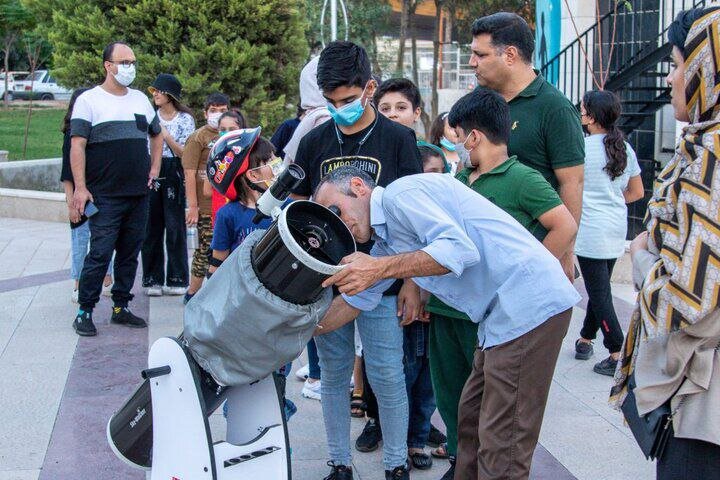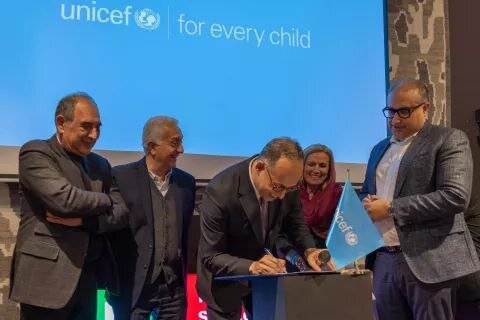Bern Set to Strengthen Crisis Management Cooperation with Tehran
In a significant development for crisis management, the Swiss ambassador to Tehran, Nadine Olivieri Lozano, expressed Switzerland’s willingness to strengthen partnerships with Tehran. This meeting, held with Ali Nasiri, the president of the Tehran Disaster Mitigation and Management Organization (TDMMO), underscores the growing importance of international cooperation in managing crises effectively.
During the meeting, Lozano praised the impressive measures taken in crisis management within Tehran. She stated, “The measures taken in crisis management in Tehran are incredible; we welcome establishing a joint workgroup to share expertise and experiences in crisis management,” as reported by ILNA. This statement highlights Switzerland’s commitment to collaborating on critical issues related to disaster preparedness and response.
In response, Nasiri emphasized the value of international collaborations, noting that many successful initiatives are the result of joint efforts. He referenced the establishment of durability groups as a testament to past cooperation with Switzerland, indicating a substantial increase in membership from 14,000 to 50,000 individuals over the past three years.
Tehran faces various hazards, including:
- Earthquakes
- Floods
- Fires
- Air pollution
- Storms
- Drought
- Landslides
- Subsidence
In light of these challenges, Nasiri detailed several proactive steps taken to enhance safety and resilience in Tehran. These measures include:
- Securing abandoned pits
- Optimizing crisis management supportive bases
- Improving the safety of 66 priority bridges
- Implementing seismic retrofitting for increased resilience
Furthermore, the TDMMO has developed advanced systems to monitor and manage crises effectively. These initiatives encompass:
- Establishing accelerometer and seismographic networks
- Assessing the safety of important and high-rise buildings
- Implementing comprehensive collapse programs
- Managing meteorological risks
- Conducting operational and table-top exercises
- Launching a Health, Safety, Environment (HSE) secretariat
- Drafting and revising HSE guidelines
In a broader context, the former head of the crisis management organization, Mohammad-Hassan Nami, emphasized the need for enhanced cooperation among member states of the Economic Cooperation Organization (ECO). He noted that collaboration in various aspects of crisis management—such as prediction, prevention, preparation, response, reconstruction, and rehabilitation—can significantly improve efficiency. According to Nami, “Currently, the world is facing severe challenges, the most important of which include climate change, water scarcity (particularly fresh and safe water), lack of green spaces, and desertification,” as quoted by IRNA.
Nami’s remarks came during the 9th ECO Ministerial Meeting on Disaster Risk Reduction, held on September 17, 2024, in Dushanbe, hosted by the Committee of Emergency Situations and Civil Defense of Tajikistan. He advocated for the application of intelligent systems to enhance data analysis capabilities, which would advance the collective goals of participating countries.
Access to authentic and reliable information is crucial for making quick and effective decisions in emergency situations. Nami highlighted that many risks transcend geographical boundaries, necessitating a coordinated response from ministries and emergency organizations across ECO member states. Implementing coherent information systems and intelligent systems is essential for timely data analysis and issuing warnings to relevant organizations.
Iran has made significant strides in centralizing efforts to identify and share risk data nationally. As a result, the country has gained valuable experience in managing various risks, including:
- Earthquake risk reduction
- Flood control
- Subsidence management
- Landslide mitigation
- Addressing water stress and drought
- Managing fire hazards
- Responding to fine dust challenges
- Mitigating cold and heat waves
Given that many ECO member states are situated in arid and desert regions, it is imperative to enhance collaboration on implementing effective measures to address critical issues, including:
- Preparing regional geological risk maps
- Managing shared water resources to protect regional ecosystems
- Conducting joint governmental and community-oriented training and exercises
- Establishing a joint expert group to facilitate cooperative activities
- Strengthening cooperation in forecasting weather conditions
- Issuing early warnings and ensuring rapid response capabilities
- Sharing new technologies and innovations
Through these collaborative efforts, Tehran and its international partners aim to bolster crisis management strategies, ultimately enhancing safety and resilience in the face of natural disasters and other emergencies.






